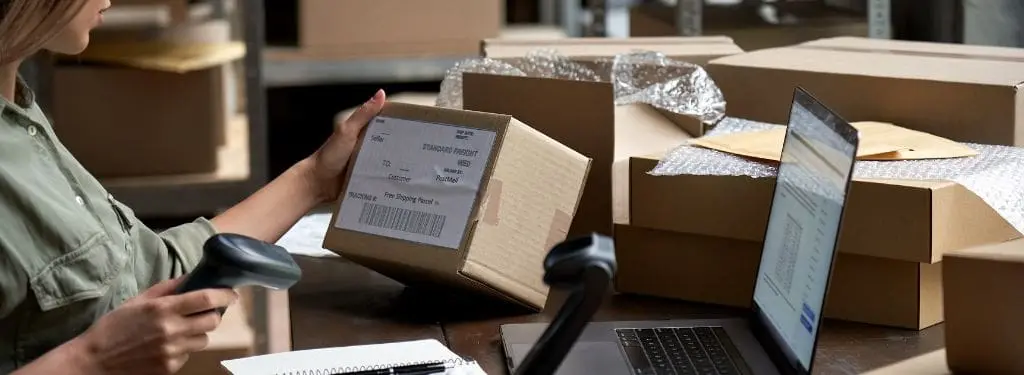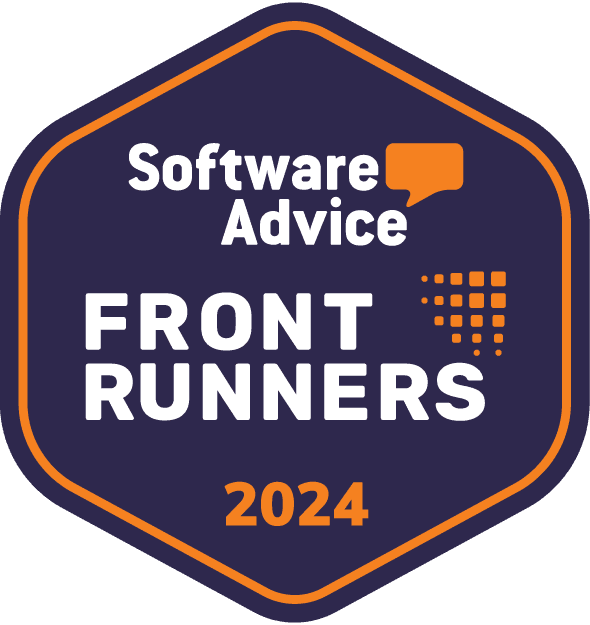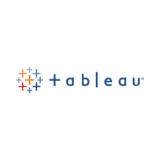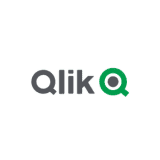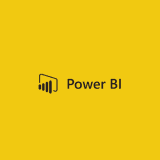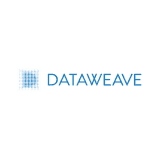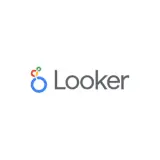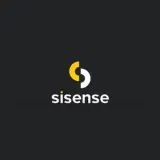- Free Version: Available for teams of up to 10
- Pricing: Premium plan $24/month (with a free 30-day trial period)
- Platforms supported: Available on mobile app (iOS and Android) or a web-based software
Why use SafetyCulture?
SafetyCulture’s retail analytics software is highly rated in merchandising because of its advanced features that enable businesses to manage retail operations well. Aside from digitizing data for real-time analysis and automating processes for increased revenue and profitability, this mobile-first platform also designed one of the most intuitive platforms – easily understood and employed by anyone in the company.
Features:
- Utilize numerous retail checklists in the Public Library for product inventory, security checks, and electronic device (cash registers, phones, printers, etc.) inspections to ensure that everything is prepared, organized, and in working order before opening and once shop doors are closed.
- Monitor operations such as inventory checks, online and in-store orders, supply chain logistics, invoicing, and payments to help analyze salient data in real time and immediately deal with issues that may emerge.
- Track store and employee performance to identify top performers and pinpoint areas of improvement.
- Integrate with other retail software solutions like CRM, POS, and ERP.
- Access data anywhere at any time using the mobile app.
Why use Tableau?
Considered one of the world’s leading analytics platforms, Tableau helps people in the retail industry visualize and understand data and then use it to solve their most pressing problems. With powerful machine learning and numerous software integrations, it has everything merchandisers need to improve their market numbers.
Features:
- Data management
- Data visualization
- AI Analytics
- Free Version: Yes, Tableau Public allows users to learn and share data visualizations.
- Pricing: Starts at $15 per user a month for viewing existing dashboards, billed annually (with a 14-day free trial)
- Platforms supported: Web, iOS, Android
Why use Qlik Sense?
Qlik Sense is an outstanding retail store analytics software because it merges data from various channels helping businesses get a comprehensive view of customers’ preferences and shopping habits. The platform boosts marketing, drives engagement, and converts it to sales.
Features:
- Visualization and dashboards
- Data transformation and automation
- Augmented and embedded analytics
- Free Version: Yes. Qlik Sense Personal Edition is meant for small start-ups and contains the full product without a license key.
- Pricing: Starts at $30 per user a month, billed annually (with a free trial)
- Platforms supported: Web, iOS, Android
Why use Power BI?
Microsoft’s Power BI is one of the best retail analytics software because it leverages data and provides actionable insights. With this platform, managers confidently make data-driven decisions to succeed in the retail industry.
Features:
- Data visualization with real-time insights
- Reports sharing with teams
- Integration with other Microsoft apps
- Free Version: Yes. Power BI Desktop can be downloaded at no cost.
- Pricing: Starts at $10 per user per month (with up to 60-day free trial)
- Platforms supported: Web, iOS, Android
Why use DataWeave?
Considered one of the most effective IT solutions made specifically for the retail industry, DataWeave helps businesses boost their productivity and competitiveness by using their comprehensive suite of data analytics.
Features:
- Assortment analytics
- Promotional insights
- Pricing intelligence
- Free Version: None
- Pricing: Not indicated
- Platforms supported: Web
Why use Looker?
Looker, now included in the Google Cloud Platform, helps retail businesses achieve their goals by providing in-depth analysis of their data, improving workflows based on the evaluations made, and enhancing their current set of tools with various integrations,
Features:
- Modern BI and analytics
- Data-driven workflows
- Integrated insights
- Free Version: None
- Pricing: Custom quote provided upon request (with a free trial)
- Platforms supported: Web, iOS, Android
Why use Sisense?
An effective platform for retail analytics with three powerful IT solutions, Sisense allows companies to visualize data and get the actionable insights needed to transform current workflows to successfully compete in the market.
Features:
- Data modeling and visualization
- AI-driven analytics and actionable intelligence
- Seamless integration and connectivity
- Free Version: None
- Pricing: Custom quote provided upon request (with a free trial)
- Platforms supported: Web, iOS, Android
What is a Retail Analytics Software?
Retail analytics software is a digital tool that provides companies with detailed information about their inventory and sales, customer behavior, and market patterns and trends. The data gathered equips them to make strategic decisions to optimize operations, increase revenue and continuously grow in a competitive landscape.
Benefits
Retailers have long been assessing and evaluating their data and practices to be able to personalize marketing strategies and provide a better customer experience. To gain more, investing in retail store analytics software is a must.
- Run businesses more efficiently – Digital systems help you keep track of everything – the materials used for your product, your employees’ day-to-day practices, and your customers’ opinions about your offerings. All these help you manage your business better.
- Improve marketing performance and ROI – Data informs your marketing strategies. When your managers get relevant information in real-time, they can plan for the next step, like creating more focused advertising campaigns for immediate deployment.
- Get ready for increased demand – If the inventory is too low, your business misses the opportunity to sell. And if you have too much stock, resources like overhead costs and warehouse space are wasted. Analytics anticipates demands in the future so your managers can meet surges.
- Accurately estimate pricing fluctuation – Knowing and understanding global pricing trends and competitors’ rates help improve your product’s performance, find better locations, and increase your company’s market share.
- Improve customer relations – Browsing through feedback can be overwhelming, especially if a huge amount is pouring in from numerous sources. With a good analytics system, you can go through it faster, zero in on the most pressing issue, and get a quick insight into customer dissatisfaction and turn it around.
Key Features
Analyzing data for retail is a challenge—you need to develop a deep understanding of historical trends, competitors, and your customer base. The task is made easier with the best retail analytics software with the following features:
- Centralized database
- Real-time monitoring (e.g., KPIs, trend prediction, data forecasting)
- Real-time data analysis
- Data visualization (e.g., graphs, charts, etc.)
- Integration with other software (e.g., POS, retail management, retail operations)
- Mobile accessibility
Selecting the Right Retail Analytics Software
If you’re ready to implement this system in your business, any of the seven mentioned above are great options. Take another look at them below:
| Retail Analytics Software | Free Version | Paid Plan | Mobile App |
| SafetyCulture | Yes | $24/user/month* | Yes |
| Tableau | Yes | $15/user/month* | Yes |
| Qlik Sense | Yes | $30/user/month* | Yes |
| Power BI | Yes | $10/user/month* | Yes |
| Data Weave | No | Not indicated | No |
| Looker | No | Custom quote | Yes |
| Sisense | No | Custom quote | Yes |
* billed annually
